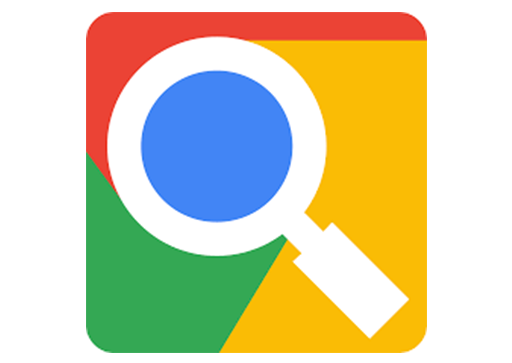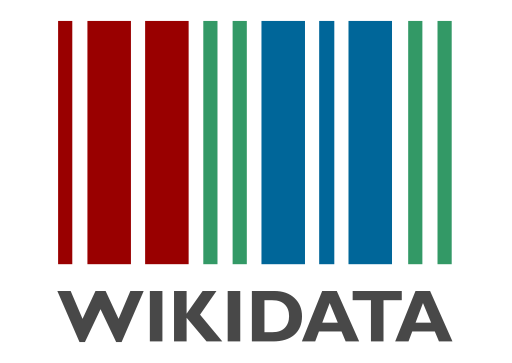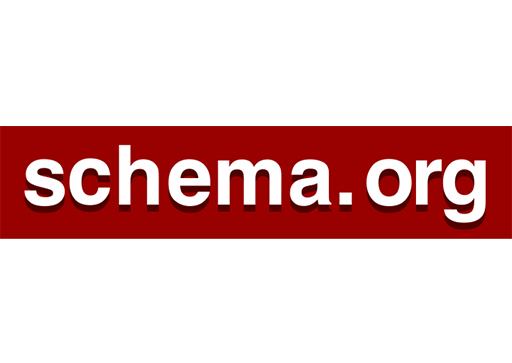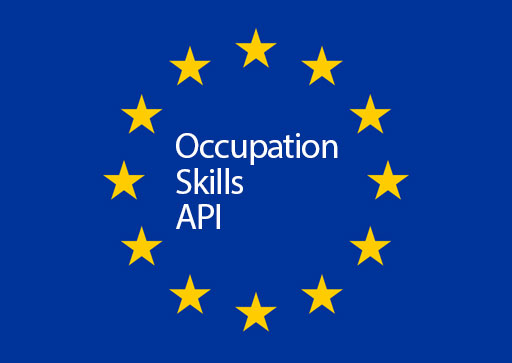Easily Search Google's Knowledge Graph Api
Experience a smarter way to interact with Google's Knowledge Graph.
A Knowledge Graph is an organized representation of real-world entities and the relationships between them.
With our Knowledge Graph Search API, you can quickly search and retrieve semantically related entities from Google’s Knowledge Graph, Wikidata, and Wikipedia.
This makes it easier to enrich your content with authoritative entities and streamline the creation of Schema.org JSON-LD structured data, helping search engines better understand and rank your pages.
Entity-rich content creation -
Discover and integrate verified entities that improve clarity and context for both readers and search engines.
Smarter structured data –
Easily generate JSON-LD markup linked to Wikidata and Google Knowledge Graph entities, boosting your chances of rich results.
SEO performance boost -
Disambiguate topics, improve topical authority, and enhance semantic relevance in search rankings.
Time-saving automation –
Retrieve entity data directly from trusted sources to accelerate content workflows and reduce manual research.

Google Knowledge Graph Entities API
Effortless Knowledge Graph Searches: Incorporating Google Knowledge Graph entities into your content ensures that the topics you write about are clearly understood by search engines.
Each Knowledge Graph identifier points to a specific, unambiguous concept, helping disambiguate terms that may otherwise be vague or confusing.
By referencing semantically related entities in your content and structured data, you give Google stronger context, which can improve how your pages are indexed, increase eligibility for rich results, and strengthen your topical authority across related subjects.


